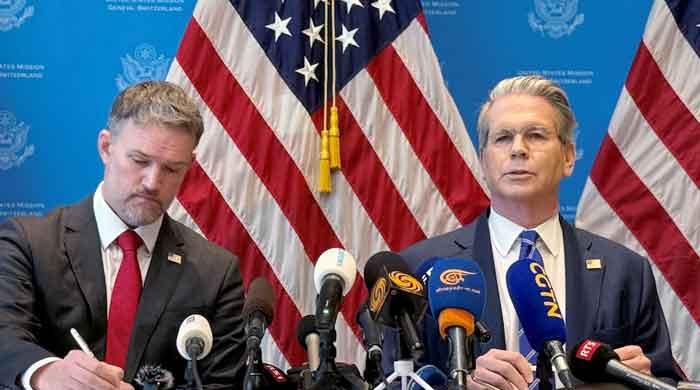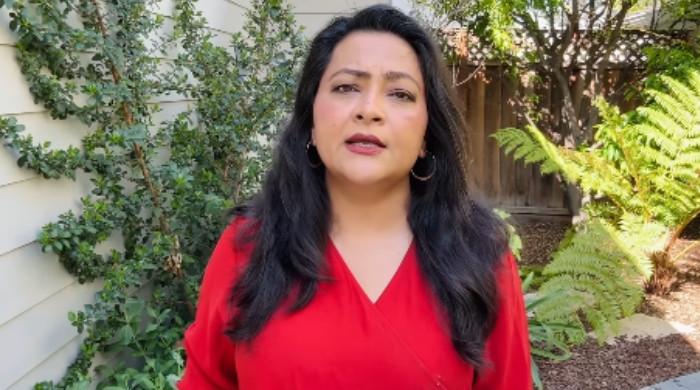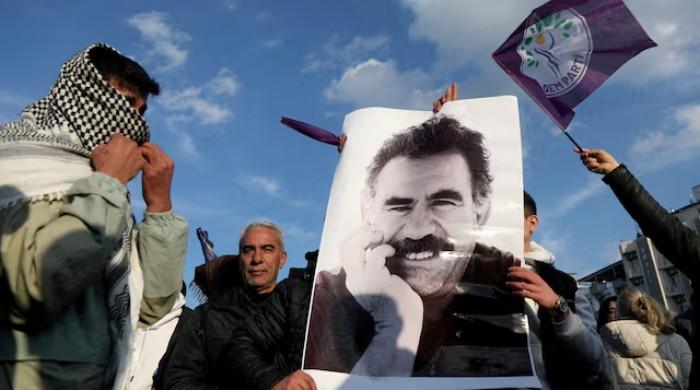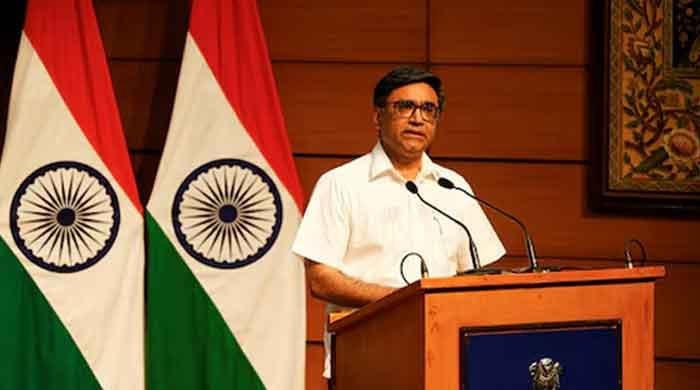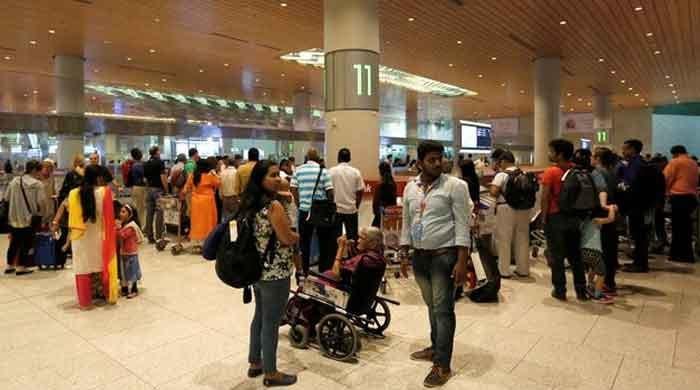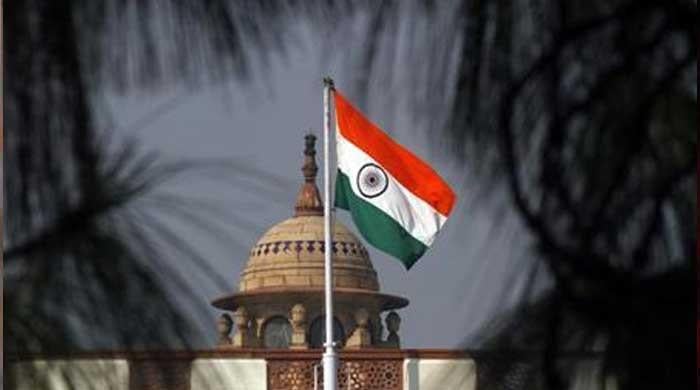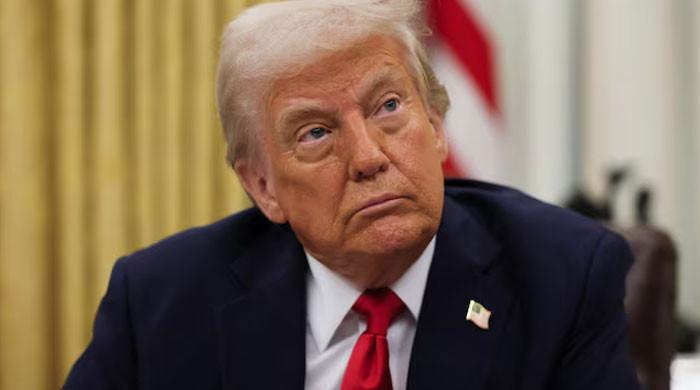Thai voters reject army-backed government as opposition wins majority in polls
The progressive Move Forward Party (MFP) is poised to emerge as the largest party
May 15, 2023
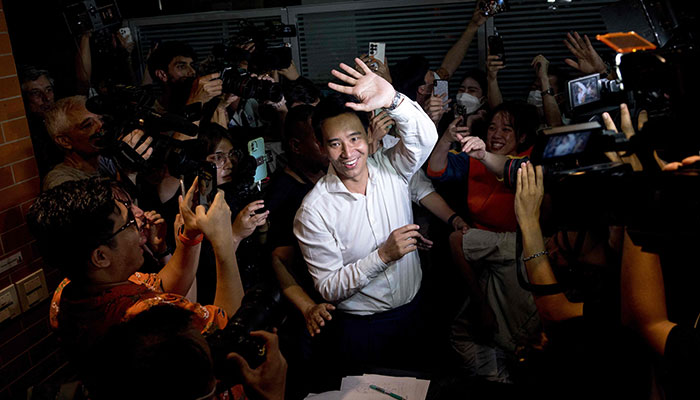
In a significant rebuke to nearly a decade of military-backed rule, Thai voters have expressed their strong disapproval through election results, favouring two prominent pro-democracy opposition parties.
The progressive Move Forward Party (MFP) is poised to emerge as the largest party, setting the stage for a potential clash with Thailand's influential royalist-military establishment. The election saw a substantial turnout as it pitted a younger generation eager for change against the conservative elite led by Prime Minister Prayut Chan-O-Cha, a former army chief who took power in a 2014 coup.
However, in a nation where coups and court decisions have frequently undermined the electoral process, concerns persist that the outcome might still be obstructed, leading to renewed instability. With 97% of polling stations counted, the Election Commission reported that the MFP secured 13.5 million votes, followed by the Pheu Thai party with 10.3 million votes, and Prayut's United Thai Nation party in third place with 4.5 million votes.
The MFP's achievement is particularly notable, as it is a relatively new party that harnessed the momentum of the radical youth-led pro-democracy protests that shook Bangkok in 2020. Pita Limjaroenrat, the party's leader, firmly stated that any potential army-backed coalition was no longer an option. The MFP intends to engage in discussions with Pheu Thai, and a coalition agreement seems highly likely.
The Election Commission is expected to officially confirm the number of seats won by each party in the coming weeks. However, initial projections indicate that the MFP is set to secure 113 out of the 400 constituency seats, narrowly edging out Pheu Thai with 112 seats. An additional 100 seats will be allocated based on proportional representation. The election outcome deals a significant blow to Pheu Thai, the latest incarnation of the political movement founded by billionaire former premier Thaksin Shinawatra, Paetongtarn Shinawatra's father.
Despite their electoral success, both the MFP and Pheu Thai may encounter obstacles in their quest for power due to the 2017 constitution, which favours the military junta. The selection of the new prime minister will be a joint decision involving the 500 elected MPs and 250 senate members appointed by Prayut's junta, thereby tilting the balance in favour of the military.
Furthermore, rumours are circulating that the MFP might face dissolution through a court order, mirroring the fate of its predecessor, the Future Forward Party, after its unexpectedly strong performance in the 2019 election.
This election holds particular significance as it follows the major protests of 2020, which challenged the power and expenditure of Thailand's monarchy—an unprecedented act. While the protests subsided due to Covid-19 restrictions and the subsequent arrests of numerous leaders, they galvanized support for the more radical MFP.
The MFP appealed to millennial and Gen Z voters, who make up nearly half of Thailand's 52 million-strong electorate, while Pheu Thai relied on its traditional support base in the rural northeast, where voters still appreciate the welfare policies implemented by Thaksin in the early 2000s.
As the election results poured in, Prayut, looking sombre, expressed gratitude to voters for their support before leaving his party headquarters. He pledged to continue working diligently, regardless of the outcome. Prayut had campaigned on a staunchly nationalist platform, positioning himself as the sole candidate capable of saving Thailand from chaos and ruin. However, he faced criticism for the sluggish economy and the country's weak recovery from the pandemic, which severely impacted the crucial tourism industry.
Thailand's recent election marked the first since 2020 protests challenging the monarchy's power. Demonstrations waned due to COVID-19 restrictions but fueled support for the radical MFP. Younger generations turned out to vote, while the Pheu Thai party relied on its rural base. Despite a gloomy outlook, PM Prayut thanked voters and made a nationalist appeal. He faced criticism for the economy, pandemic response, and crackdown on freedoms. Thailand's history includes coups, protests, and dissolved parties. The relationship between the royalist-military elite and the MFP remains uncertain.




